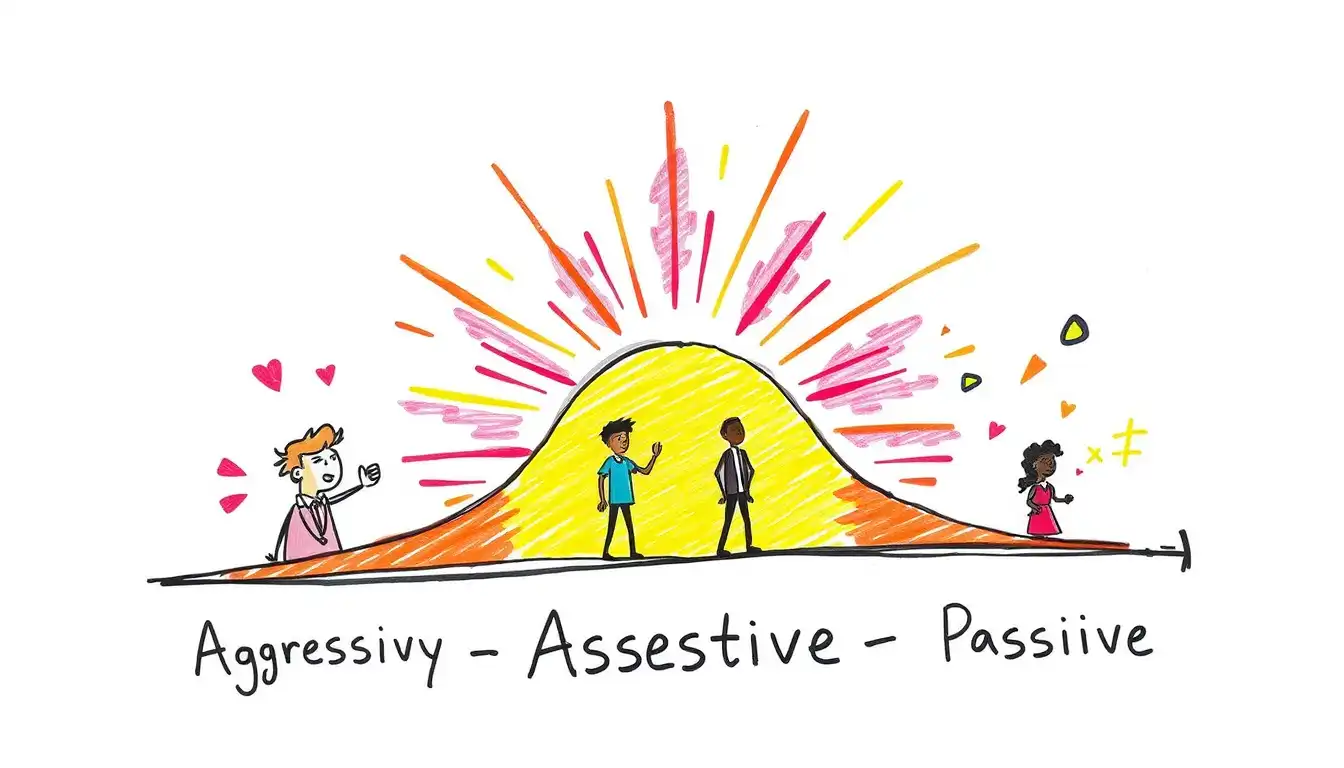Negotiation is a crucial aspect of international relations, as it enables nations to resolve conflicts, reach agreements, and maintain peaceful relationships. Effective negotiation in international relations requires a deep understanding of the complexities involved, including cultural differences, conflicting interests, and power dynamics.
Understanding the Basics of Negotiation in International Relations
Negotiation in international relations involves a range of activities, from diplomatic talks to economic negotiations. It is a process that requires careful planning, strategic thinking, and effective communication. In international relations, negotiation is often used to resolve conflicts, manage crises, and promote cooperation. The goal of negotiation is to reach a mutually acceptable agreement that satisfies the interests of all parties involved.
In international relations, negotiation can take many forms, including bilateral talks, multilateral negotiations, and international conferences. Negotiation can be formal or informal, and it can involve a range of actors, including governments, international organizations, and non-state actors. Effective negotiation in international relations requires a deep understanding of the interests, needs, and constraints of all parties involved.
The Role of Power in Negotiation
Power plays a significant role in negotiation in international relations. The distribution of power among nations can greatly influence the outcome of negotiations. Powerful nations may use their leverage to dictate the terms of agreements, while weaker nations may have limited bargaining power. However, power is not the only factor that determines the outcome of negotiations. Other factors, such as the negotiating skills of diplomats, the level of trust among parties, and the presence of external factors, can also play a significant role.
The Importance of Cultural Understanding
Cultural understanding is essential in negotiation in international relations. Different cultures have different communication styles, negotiation tactics, and conflict resolution approaches. Understanding these cultural differences can help negotiators to avoid misunderstandings, build trust, and reach agreements. For example, in some cultures, direct confrontation is seen as a sign of strength, while in others, it is seen as a sign of weakness. Understanding these cultural nuances can help negotiators to adapt their negotiation strategies and achieve better outcomes.
Effective Negotiation Strategies in International Relations
Effective negotiation in international relations requires a range of skills and strategies. Here are some effective negotiation strategies that can be used in international relations:
Separate the People from the Problem
In international relations, conflicts often involve deep-seated emotions and historical grievances. Separating the people from the problem can help to depersonalize the conflict and focus on finding a mutually acceptable solution. This approach can help to build trust and create a more constructive negotiation environment.
Focus on Interests, Not Positions
In negotiation, parties often focus on their positions, rather than their underlying interests. Focusing on interests can help to identify creative solutions that satisfy the needs of all parties. For example, in a trade negotiation, a country may focus on its interest in increasing exports, rather than its position on a specific tariff rate.
Use Objective Criteria
Using objective criteria can help to build trust and credibility in negotiations. Objective criteria, such as international law, scientific data, or economic models, can provide a basis for negotiation that is independent of personal opinions or biases.
Look for Mutually Beneficial Solutions
In international relations, negotiation is often a zero-sum game, where one party’s gain is seen as another party’s loss. However, this approach can lead to conflict and mistrust. Looking for mutually beneficial solutions can help to create a win-win outcome, where all parties benefit from the agreement.
Challenges and Opportunities in Negotiation in International Relations
Negotiation in international relations is not without its challenges. Here are some of the challenges and opportunities that arise in negotiation in international relations:
The Rise of Non-State Actors
The rise of non-state actors, such as terrorist organizations and multinational corporations, has created new challenges for negotiation in international relations. These actors may not be bound by traditional diplomatic norms and may use unconventional tactics to achieve their goals.
The Impact of Technology
Technology has revolutionized the way nations negotiate. Video conferencing, social media, and other digital tools have made it easier for nations to communicate and negotiate. However, technology has also created new challenges, such as cyber attacks and misinformation.
The Growing Importance of Multilateral Negotiations
Multilateral negotiations are becoming increasingly important in international relations. These negotiations involve multiple countries and can be complex and challenging. However, they also offer opportunities for cooperation and collective problem-solving.
Case Studies in Negotiation in International Relations
Here are some case studies that illustrate the complexities and challenges of negotiation in international relations:
The Camp David Accords
The Camp David Accords, signed in 1978, were a landmark agreement between Israel and Egypt that ended decades of conflict. The agreement was negotiated by US President Jimmy Carter, Israeli Prime Minister Menachem Begin, and Egyptian President Anwar El-Sadat. The agreement demonstrated the power of negotiation in resolving complex conflicts.
The Paris Climate Agreement
The Paris Climate Agreement, signed in 2015, was a multilateral agreement that aimed to reduce greenhouse gas emissions and mitigate the effects of climate change. The agreement was negotiated by nearly 200 countries and was seen as a major achievement in international cooperation.
The Iran Nuclear Deal
The Iran Nuclear Deal, signed in 2015, was a multilateral agreement that aimed to limit Iran’s nuclear program in exchange for economic sanctions relief. The agreement was negotiated by the United States, Iran, and other major powers. The agreement demonstrated the complexity and challenges of negotiating with a country that has a different political system and values.
FAQ
What is the goal of negotiation in international relations?
The goal of negotiation in international relations is to reach a mutually acceptable agreement that satisfies the interests of all parties involved.
What is the role of power in negotiation?
Power plays a significant role in negotiation in international relations, as it can influence the outcome of negotiations and the distribution of benefits.
Why is cultural understanding important in negotiation?
Cultural understanding is essential in negotiation in international relations, as it can help to avoid misunderstandings, build trust, and reach agreements.
What are some effective negotiation strategies in international relations?
Some effective negotiation strategies in international relations include separating the people from the problem, focusing on interests, not positions, using objective criteria, and looking for mutually beneficial solutions.
Conclusion
Negotiation is a critical component of international relations, as it enables nations to resolve conflicts, reach agreements, and maintain peaceful relationships. Effective negotiation in international relations requires a deep understanding of the complexities involved, including cultural differences, conflicting interests, and power dynamics. By using effective negotiation strategies, nations can achieve mutually beneficial outcomes and promote cooperation and peace.







Leave a Reply